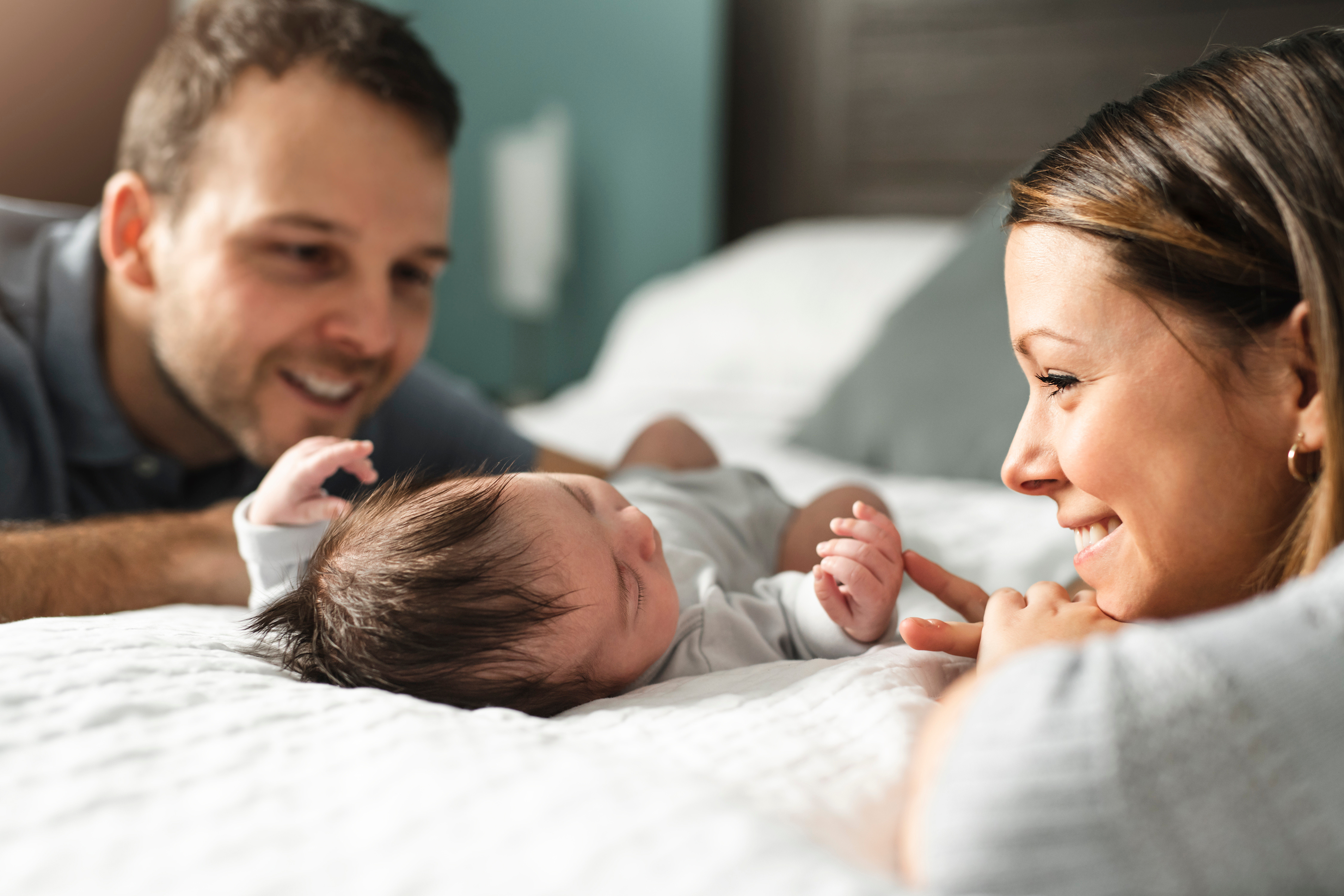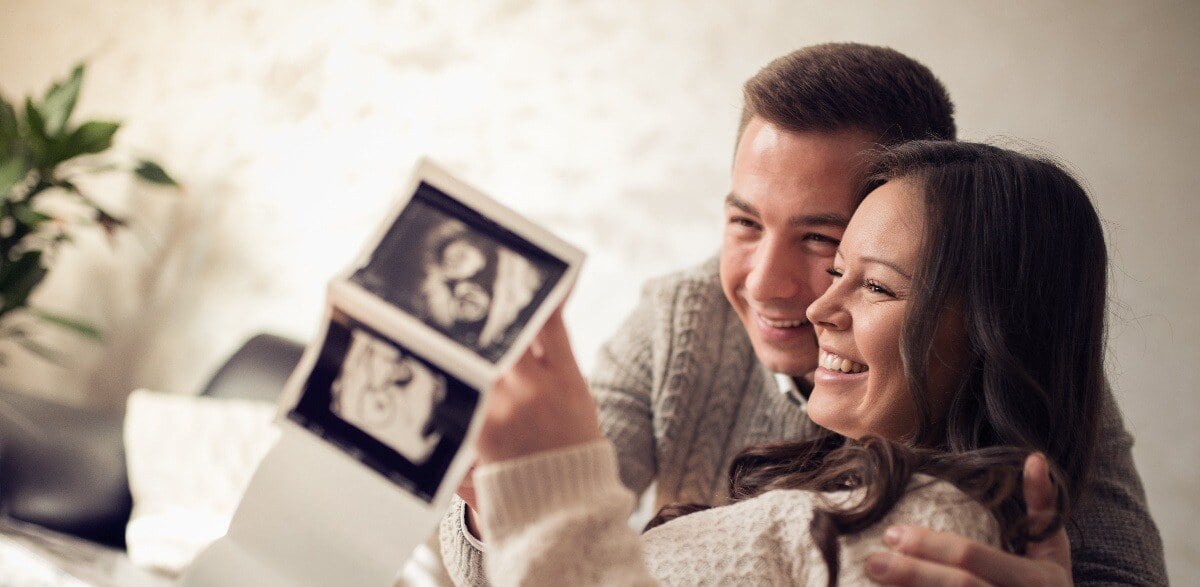Published
Egg freezing may sound like a strange process, but overall, it's a safe and smart decision for those wanting to start a family at a later time.
For instance, consider a single woman with a high-powered career who wants to have a family of her own. If pursuing that choice now isn't an option, she can easily have her eggs frozen so that when she's ready to have children, or the right partner has come into her life to support that decision, the opportunity is readily available. In addition, anyone who undergoes an IVF procedure can save multiple eggs for future trials if the first or second attempt isn't successful.
Everyone's situation is different, but in any case, egg freezing creates peace of mind from the option of possibility. If egg freezing is something you're considering, then here's what you can expect from the process, as well as other FAQs to consider:
What to Expect with Egg Freezing
Don't worry—egg freezing is a lot simpler than it sounds.
Whether you're extracting eggs from a donor or yourself—and saving them for future IVF attempts—the process is more or less the same.
First, an individual will undergo two weeks of hormone therapy to stimulate their ovaries and produce multiple eggs. Next, they'll follow up with regular egg monitoring sessions to ensure they're healthy. Once they're ready to harvest, the individual will go in for a minor outpatient procedure to retrieve the eggs—recovery time after the procedure is typically 24 hours, which can be done at home. After harvesting, the eggs are then prepared in a solution that prevents ice crystals from damaging them. The eggs are then placed in plastic vials and frozen with liquid nitrogen.
These eggs can be stored for weeks, months, and even years, and once an individual or couple decides to use them, they can be easily inseminated with the male partner's sperm and transferred to the uterus of the intended mother or surrogate mother.
FAQs About Egg Freezing
How old should you be to consider egg freezing?
Everyone's circumstances are different, however, if you don't plan to have kids during your peak fertility years (before the age of 32), then pursuing egg freezing before that time is a good idea to preserve your chances of starting a family later on.
What kind of medications do I have to take for egg freezing?
For the first 1-2 weeks, birth control medication is prescribed to “turn off” natural hormone production on a temporary basis. Then once the birth control takes effect, there's a 9-10 day period of hormone injections to stimulate ovaries and encourage egg development.
Is egg freezing a safe procedure?
In 2012, the American Society of Reproductive Medicine (ASRM) removed the experimental status of egg freezing due to increased egg viability rates over 90%. In addition, live birth rates are similar to the success of IVF cycles using fresh eggs.
How much does egg freezing cost?
On average, an egg freezing cycle costs $10,000. However, the overall cost should be discussed with a fertility expert who can explain the process and structure.
Consult with Kofinas Fertility Group to Learn More
Life happens fast, and rather than passing up opportunities or feeling rushed to start a family, Kofinas Fertility Group can help you plan for the future.
To learn more about egg freezing from fertility experts with years of experience, request an appointment today.




